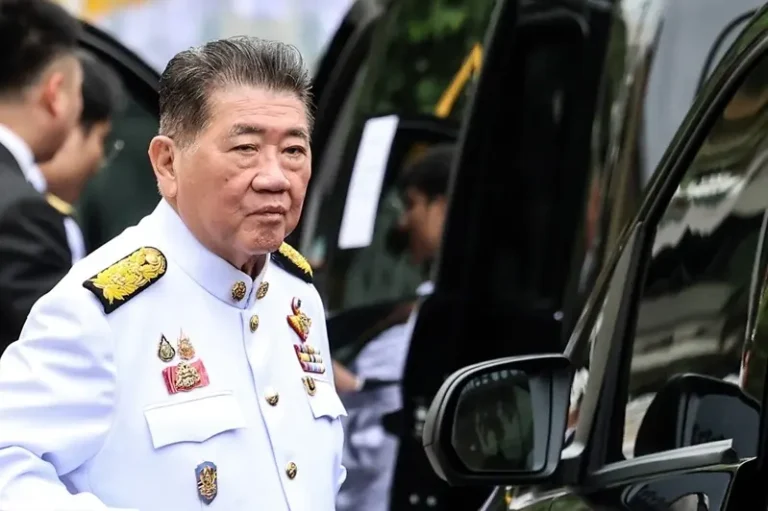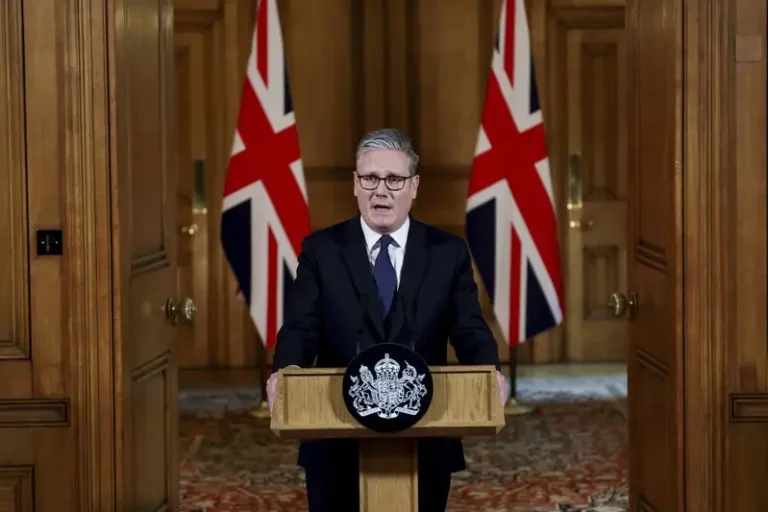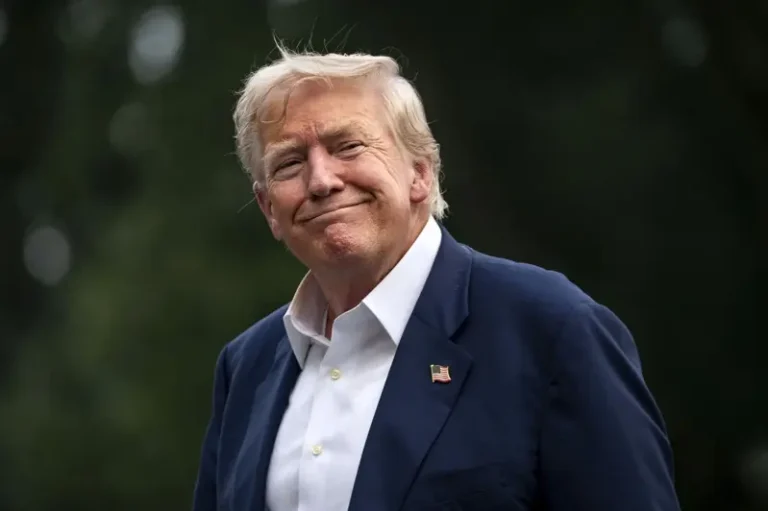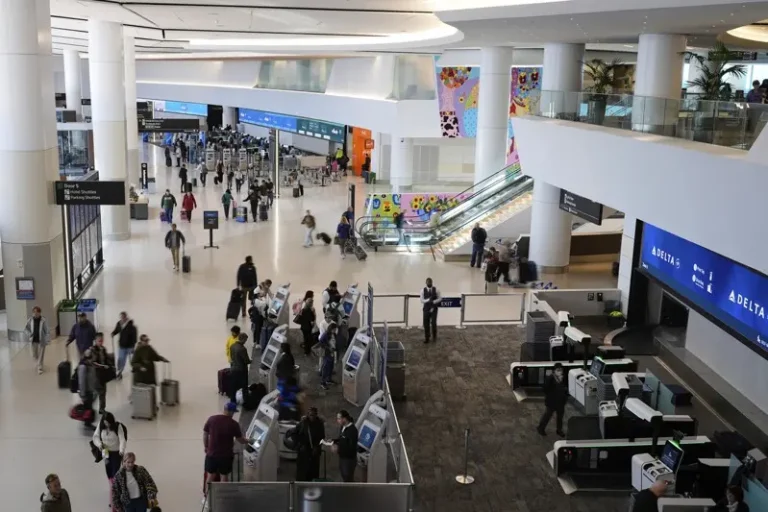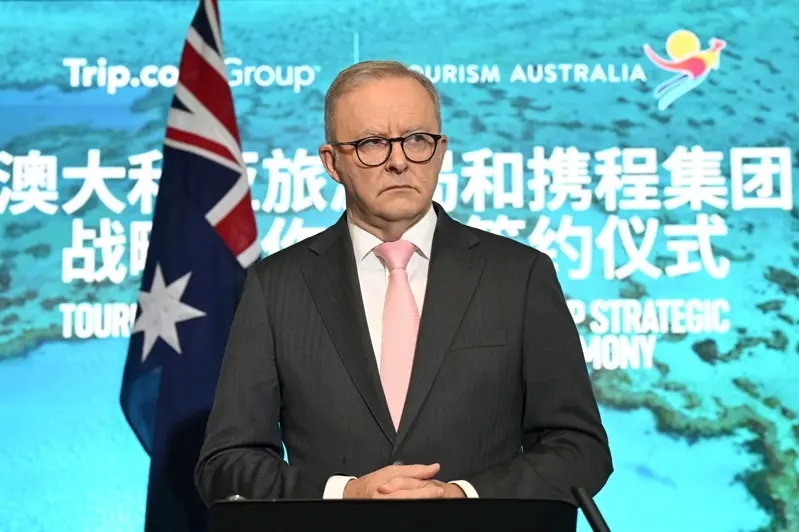
The Financial Times reported on the 12th that the US Department of Defense pressured Japan and Australia to express their positions on the Taiwan Strait war. The Guardian reported that Australian Prime Minister Anthony Albanese, who was visiting China, expressed his hope on the 13th that the region would maintain peace and security, and at the same time hinted that it was unreasonable for the US to take a strategically ambiguous stance and ask Australia to express its position.
Albanese arrived in China on the evening of the 12th to start a 6-day visit, during which he will meet with Chinese President Xi Jinping and Premier Li Qiang.
At the press conference on the 13th, Albanese repeatedly refuted the relevant reports and any questions requested by the US. He pointed out that Australia has increased its defense spending and reiterated that the Australia-UK-US trilateral security partnership (AUKUS) is beneficial to all three parties.
Albanese said: “Australia supports Taiwan to maintain the status quo. We do not support any unilateral actions in the region… We hope that the region will maintain peace and security.”
When asked by reporters whether it was reasonable for the United States to adopt strategic ambiguity but ask Australia to make a clear commitment on the Taiwan Strait conflict, Albanese responded: “You have already answered this question yourself.” When asked to explain more, he replied: “I think you should understand what I mean.”
Prior to this, Australian Defense Industry Minister Pat Conroy told the ABC program Insiders that the Australian government would not discuss “hypothetical questions” about what Australia would do in possible future military operations. The decision on whether Australian troops will participate in a conflict is made by the government at the time of the conflict, not predetermined.

